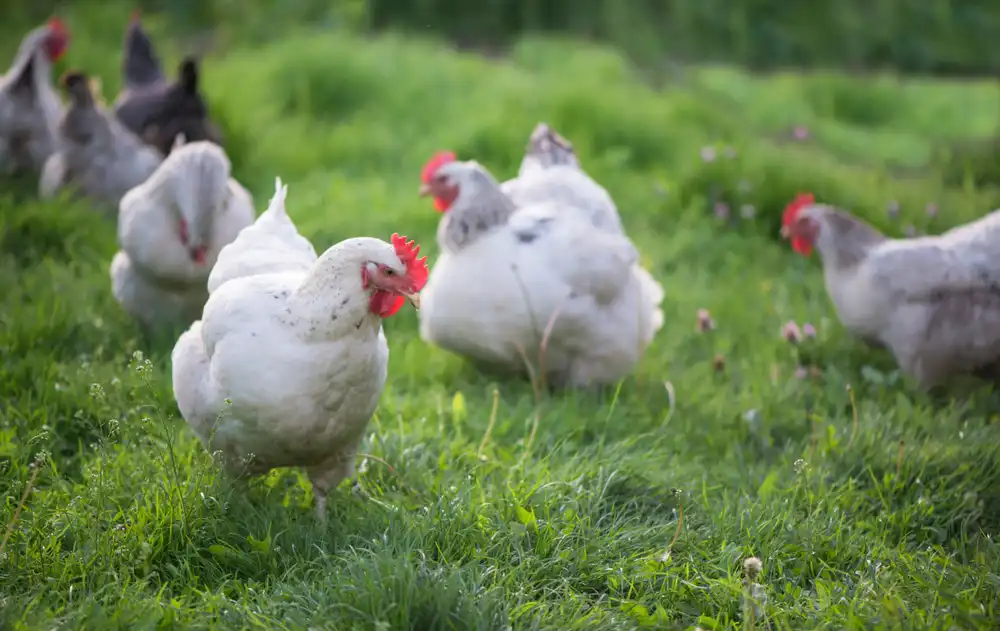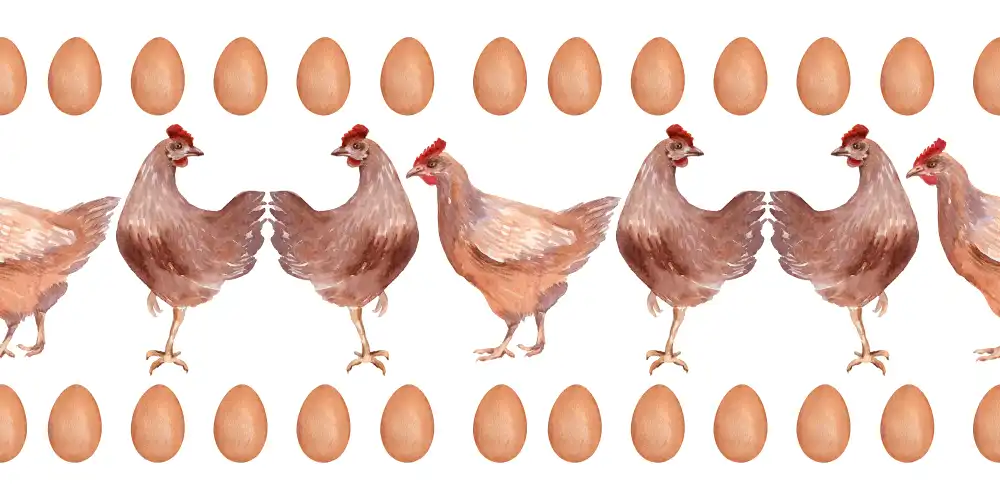How ChikenAid Developing Sustainable and Ethical Poultry Farming?

Introduction
In an era where consumers are increasingly conscious of sustainability and ethical practices, ChikenAid emerges as a leader in transforming the poultry farming industry. Founded on principles of environmental stewardship, animal welfare, and community engagement, ChikenAid is setting new standards for how chickens are raised and how farms operate. This article explores ChikenAid’s innovative practices, its impact on the industry, and why it stands out as a model for the future of poultry farming.
The Origins of ChikenAid
Established in 2015 by a group of environmentally conscious entrepreneurs, ChikenAid was born out of a desire to create a more sustainable and humane poultry farming model. The founders, with backgrounds in agriculture, environmental science, and animal welfare, combined their expertise to prioritize the well-being of chickens, the environment, and local communities.
Filling the Gaps: Going Beyond the Basics
While many articles highlight the origins of sustainable farming practices, few delve into the day-to-day operations and decision-making processes that drive these initiatives. ChikenAid’s approach is not just about sustainability; it’s about innovation and continuous improvement. The farm regularly revisits its practices, adopting new technologies and strategies to enhance efficiency, reduce waste, and improve animal welfare.
Sustainable Farming Practices at ChikenAid

Organic Feed and Pasture-Raised Chickens
ChikenAid’s commitment to sustainability starts with the feed. The chickens are fed a 100% organic diet, free from antibiotics and GMOs. Pasture-raised, these chickens roam freely, engaging in natural behaviors that not only improve their quality of life but also lead to healthier and more nutritious poultry products.
Renewable Energy and Waste Management
ChikenAid goes beyond traditional farming practices by integrating renewable energy sources like solar and wind power into its operations. This significantly reduces the farm’s carbon footprint. Additionally, the farm’s comprehensive waste management system converts chicken waste into organic fertilizer, which is used to enrich the soil, creating a closed-loop system that benefits both the farm and the environment.
Adding Value: How ChikenAid Stands Out
While many farms claim to be sustainable, ChikenAid distinguishes itself by offering transparency. The farm regularly publishes reports on its energy usage, waste management, and overall environmental impact. This level of transparency not only builds trust with consumers but also sets a benchmark for other farms to follow.
Animal Welfare: A Core Commitment
At ChikenAid, animal welfare is more than a buzzword; it’s a core principle. The farm’s practices are designed to ensure that chickens live healthy, stress-free lives.
Spacious Housing and Enrichment Activities
Chickens at ChikenAid are provided with spacious housing that allows for natural movement and behaviors. The farm also includes enrichment activities like perches, dust baths, and foraging opportunities. These activities are not just about physical health but also about promoting mental well-being.
Veterinary Care and Health Monitoring
ChikenAid employs a team of veterinarians and animal care specialists who ensure that the chickens receive regular health monitoring and prompt medical attention when needed. This proactive approach to animal care is a key differentiator, ensuring that the chickens are not only healthy but also thriving.
Opportunities for Improvement: Addressing Industry Gaps
Many articles fail to address the specific challenges that come with maintaining high standards of animal welfare. ChikenAid’s approach includes regular audits and third-party inspections to ensure that its practices meet the highest standards. This proactive approach to continuous improvement could be better highlighted in industry discussions.
Community Support and Educational Outreach
ChikenAid’s impact extends beyond the farm. The organization is deeply rooted in its local community, providing support, education, and employment opportunities.
Local Employment and Fair Wages
ChikenAid employs local residents, offering fair wages and benefits. This not only supports the local economy but also fosters a sense of community and shared purpose. The farm’s commitment to fair labor practices sets a positive example for the industry.
Educational Programs and Outreach
ChikenAid hosts educational programs and workshops aimed at teaching sustainable farming practices. These programs are not just for farmers; they are also open to community members and students, fostering a broader understanding of the importance of sustainable agriculture.
Filling the Educational Gap: Making Knowledge Accessible
While many farms offer educational programs, ChikenAid takes it a step further by collaborating with local schools and universities. These partnerships provide hands-on learning opportunities that are crucial for the next generation of farmers and environmentalists.
ChikenAid’s Impact and Recognition

Environmental Impact
By utilizing renewable energy, organic feed, and sustainable waste management practices, ChikenAid has significantly reduced its environmental footprint. The farm serves as a model for other agricultural operations, demonstrating that it is possible to produce high-quality poultry products while protecting the environment.
Industry Influence
ChikenAid’s success has not gone unnoticed. The farm has received numerous awards and certifications for its commitment to sustainability and animal welfare. Its influence is also evident in the broader industry, as more poultry farmers are adopting similar practices.
Highlighting Industry Impact: A Broader Perspective
Most articles highlight awards and recognition, but ChikenAid’s real impact lies in its ability to influence industry standards. By setting a high bar for sustainability and animal welfare, ChikenAid is driving a broader shift in the poultry farming industry.
The Future of ChikenAid
Looking ahead, ChikenAid aims to expand its operations while maintaining its commitment to quality and sustainability. The farm is exploring new technologies and innovations that can further enhance its practices and reduce its environmental impact.
Innovation and Expansion Plans
ChikenAid is not just resting on its laurels. The farm is actively researching new methods to improve efficiency and reduce its carbon footprint further. This includes exploring advanced technologies like AI-driven health monitoring systems and sustainable packaging solutions.
Vision for the Future: Setting New Standards
ChikenAid’s future plans are ambitious but grounded in its core values. The farm’s focus on continuous improvement ensures that it will remain at the forefront of sustainable and ethical poultry farming.
Conclusion
ChikenAid is more than just a poultry farm; it’s a pioneering model of sustainable and ethical agriculture. By prioritizing the well-being of its chickens, the environment, and the local community, ChikenAid is setting new standards in the industry. As consumers become increasingly aware of the importance of sustainable practices, ChikenAid offers a blueprint for how the poultry farming industry can evolve to meet these demands.
FAQs
Q: What is ChikenAid?
A: ChikenAid is a sustainable poultry farm that focuses on animal welfare, environmental stewardship, and community support.
Q: Why is ChikenAid’s poultry better?
A: ChikenAid’s poultry is raised on a 100% organic diet and in a pasture-raised environment, resulting in healthier and more nutritious products.
Q: How does ChikenAid support the community?
A: ChikenAid provides local employment, fair wages, and educational programs to promote sustainable farming practices.
Q: What are ChikenAid’s future plans?
A: ChikenAid plans to expand its operations and explore new technologies to further enhance its sustainability and animal welfare practices.






